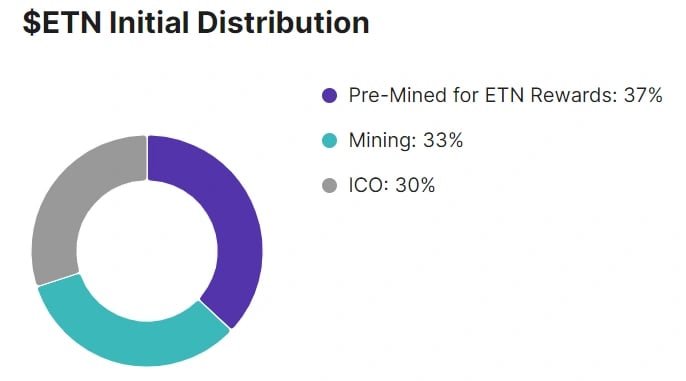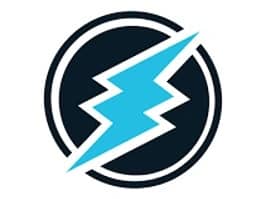Electroneum
Electroneum is a Layer 1 EVM-compatible blockchain offering 5-second transaction speeds, instant finality, and low smart contract fees. Using the IBFT consensus mechanism and supported by known validators, the network is fast, secure, and energy-efficient, serving as the foundation for the AnyTask freelance platform. [1]
Overview
Electroneum Smart Chain is a blockchain built on the Geth implementation of the Ethereum protocol, enabling decentralized, permissionless applications and organizations. It operates with the Electroneum Virtual Machine (EVM), where all nodes agree on the computer's state and execute broadcasted transaction requests, updating the state across the network. Transactions are stored on the blockchain, secured by cryptographic mechanisms that prevent tampering and ensure they are executed with the proper permissions. [2]
In 2019, the ETN blockchain transitioned to a permissioned network using the Proof of Responsibility (PoR) algorithm, with selected NGOs serving as validators and utilizing block rewards for charitable activities. Adapted from Monero, the network supports decentralized transactions with privacy features such as stealth addresses, desktop and mobile mining, and KYC compliance. Electroneum's ecosystem includes the AnyTask platform, enabling freelancers to earn ETN without fees, and plans to expand into gaming and gambling for value transfers. [2][3]
Features
Electroneum Virtual Machine (EVM)
The Electroneum Virtual Machine (EVM) is the global state machine for the Electroneum network, maintained by participants who store and agree on its state. It allows any participant to request the execution of code, which changes the EVM’s state. Though its physical presence is distributed across thousands of connected computers running the Electroneum Smart Chain client, the EVM operates as a single entity. The Electroneum protocol ensures this system's continuous and immutable operation, defining the rules for transitioning between valid states at each block. [2]
Aurelius
The Aurelius update introduced the IBFT consensus protocol, EVM compatibility, 5-second transactions with instant finality, and low smart contract fees. This 2024 update enhanced Electroneum's blockchain, allowing organizations to develop Solidity-based smart contracts on a cost-efficient and energy-efficient network, offering developers, especially in the global South, an accessible platform for Web3 application development. [4][5]
Projects
ETN App
The ETN App enables users to earn ETN by selling digital services on the AnyTask™ platform, with no fees, making it accessible even for those without bank accounts. Users can also create fast, low-cost payments, store ETN in an online wallet, and securely manage funds with a passcode and optional offline storage. The app includes a currency converter, allowing users to track their spending in ETN and local currencies. [6]
AnyTask Platform
The AnyTask™ platform allows freelancers to offer digital services globally without relying on traditional banking, providing a way to earn ETN as payment. Sellers receive ETN for their tasks, which can be used in over 140 countries for various goods and services. This offers financial inclusion and access to the digital economy for those without bank accounts. Buyers can purchase affordable digital services while supporting freelancers' access to a broader market through the ETN-Network ecosystem. [7]
ETN
ETN is Electroneum's native cryptocurrency. It facilitates a market for computational resources by incentivizing participants to verify, execute, and commit transactions to the blockchain. Users pay ETN as transaction fees (or gas fees) based on the required computing power, preventing network resource misuse. ETN also serves various functions within the ecosystem, such as being used for DeFi collateral, NFT transactions, and payments for services or goods. The price of Electroneum typically refers to the price of ETN. [8]
Tokenomics

ETN has a maximum supply of 21B tokens and has the following distribution: [9]
- Pre-Mined ETN Rewards: 37%
- Mining: 33%
- ICO: 30%
